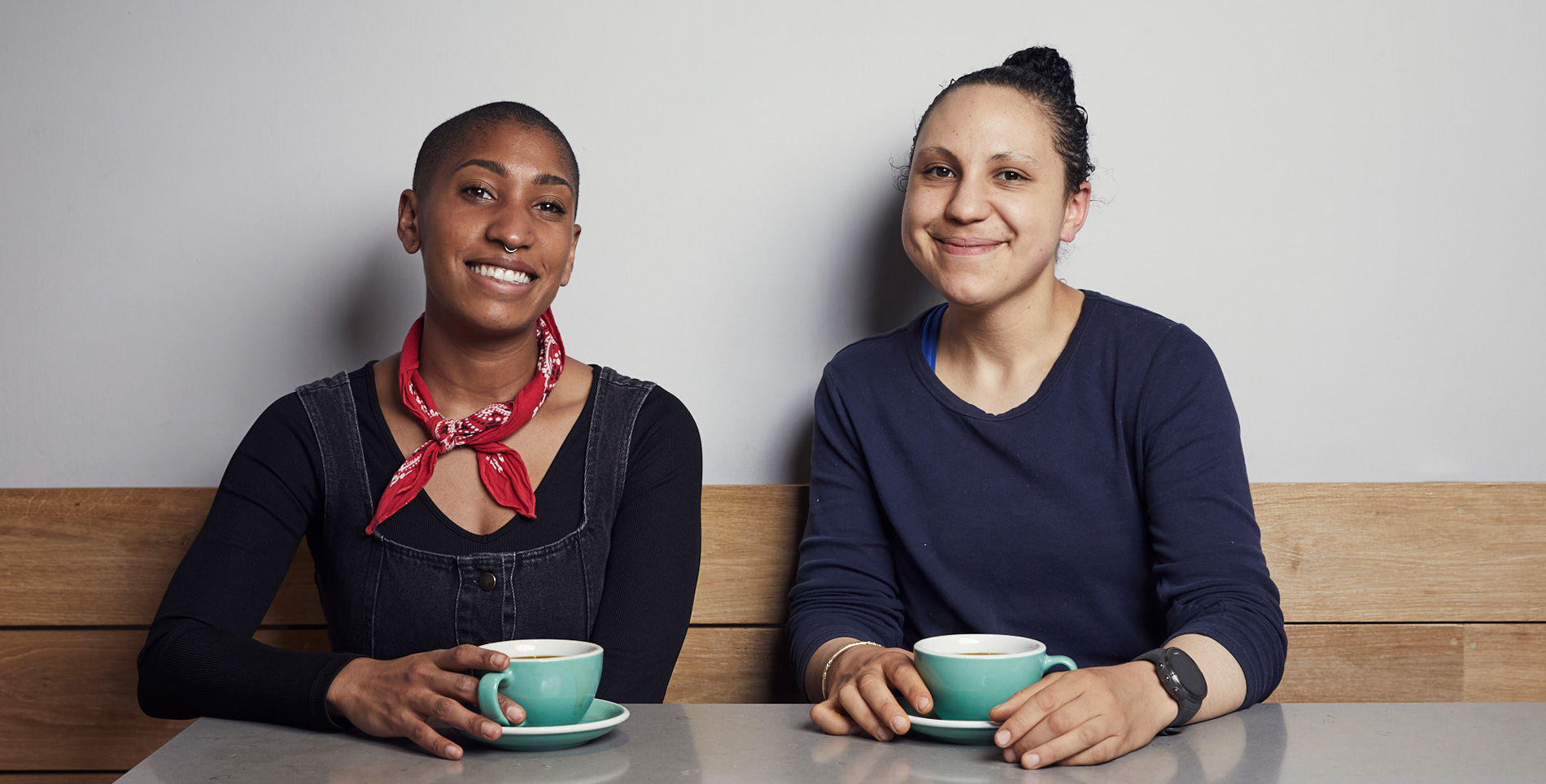Help us fund more stories like this one.
Here’s the thing: we totally have perks and discounts to offer you if you join our membership program but the reality is we just need your support. Every story we publish requires a significant amount of man-hours from our contributors and editors, editorial resources, and of course, budgets. We are on a mission to provide you the best food journalism that is thoughtful, intellectual and culturally-relevant because we think it’s important to stay informed and to make sense of the world around us through food.
But we can’t do it alone.
We want our journalism to be reader-focused and funded through readers, as a community—not through banner ads or clickbait. Our membership plans are only $5 per month or $50 per year—that’s less than 17 cents per day. You can even cancel anytime.
Join us and let's give a voice to an industry that feeds us.
Become a Member

